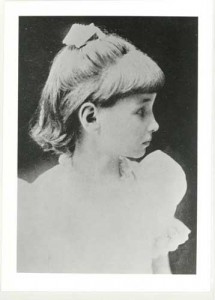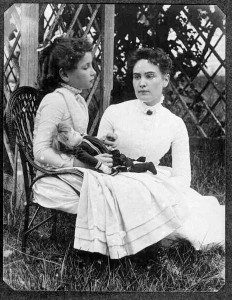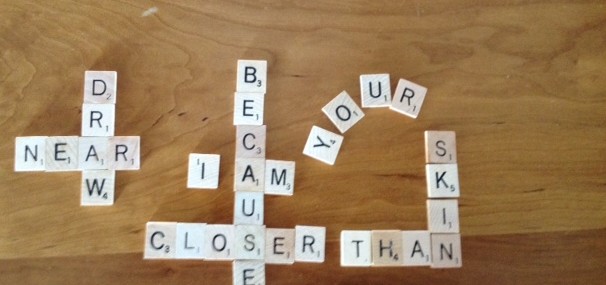 She still remembered what she saw as tiny toddler.
She still remembered what she saw as tiny toddler.
“I had caught glimpses of broad, green fields, a luminous sky, trees and flowers which the darkness that followed could not blot out. If we have once seen, the day is ours.”
Many of you have heard of Helen Keller. Born in 1880, she was a normal and happy little girl from a small Alabama town. She could see and hear perfectly.
 However, before she turned two, the high fevers associated with meningitis made her blind and deaf. The sudden darkness and silence felt utterly nightmarish. She clung to her mother’s dress and had many tantrums from confusion and despair.
However, before she turned two, the high fevers associated with meningitis made her blind and deaf. The sudden darkness and silence felt utterly nightmarish. She clung to her mother’s dress and had many tantrums from confusion and despair.
Months would pass.
Eventually she started to understand what was going on, using her hands to touch every object. She learned small ways to communicate: shaking her head for “no,” or nodding for “yes.”
A pull meant “come,” and a push meant “go.” If she wanted her mother to make ice cream for dinner, she’d shiver and point to the freezer. Still, she remained frustrated and disconnected from the world at large. It felt like being on a ship, lost in fog with no compass. She later wrote that the wordless cry of her soul was, “Light, give me light!”
Years would pass before the answer came.
From her autobiography, she noted…
“The most important day I remember in all my life is the one on which my teacher, Anne Sullivan, came to me. The light of love shone on me in that very hour.”
For what was about to happen was a miracle.
















